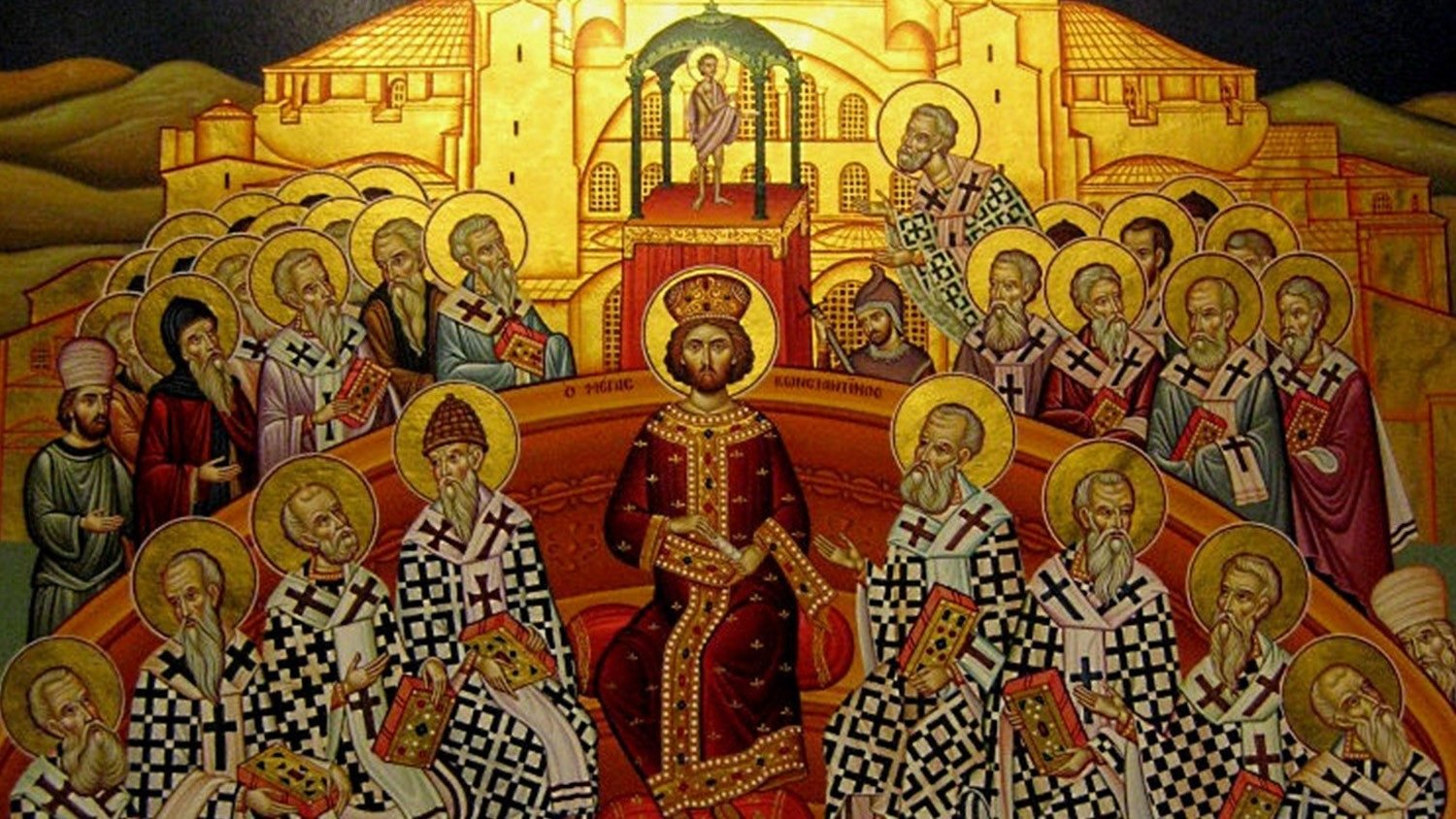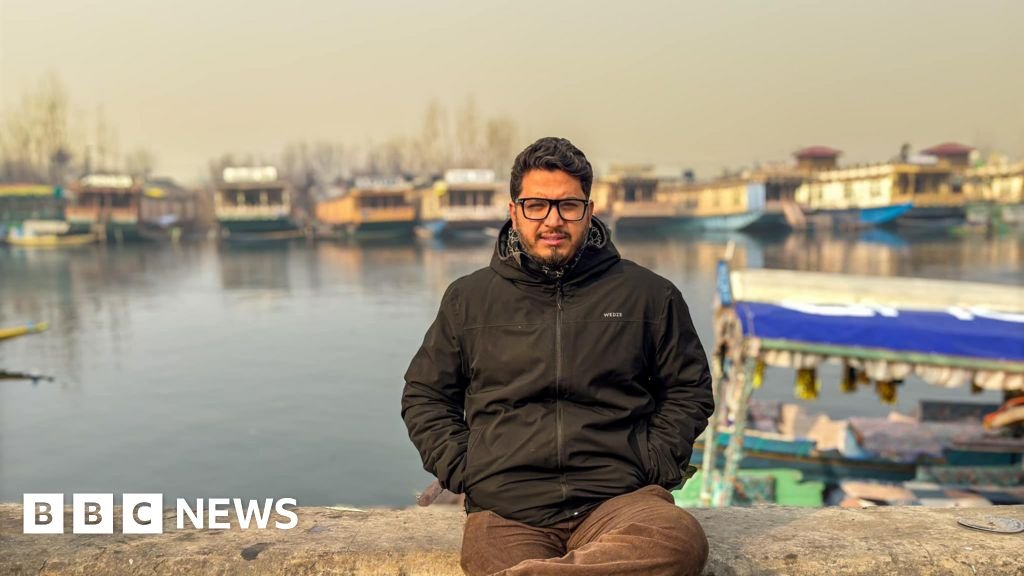![]()
A conference in Rome studies the International Theological Commission’s document, “Jesus Christ, Son of God, Saviour: 1,700th anniversary of the Ecumenical Council of Nicaea.”
By Federico Piana
“Nicaea was an ecumenical council in the original sense of the term, in which bishops from all parts of the world were to participate,” said Cardinal Víctor Manuel Fernández, Prefect of the Dicastery for the Doctrine of the Faith and President of the International Theological Commission.
The Prefect was speaking at a conference for the presentation of the ITC’s document “Jesus Christ, Son of God, Saviour: 1,700th Anniversary of the Ecumenical Council of Nicaea.”
The conference, hosted by the Pontifical Urban University—known as the Urbaniana—began on May 20, the same date that the Nicene Council had opened 17 centuries earlier.
“The choice of Nicaea had a geographical reason, namely, ease of access,” Cardinal Fernández said. “Nicaea then becomes a call to internal communion, so that unity in the essentials brings us joy and strengthens us.”
“Jesus Christ, Son of God, Saviour” is the fruit of several years of work by the International Theological Commission, and is intended not only to celebrate the anniversary of the Nicene Council, but also to highlight the resources that the Creed born of the Council preserves and proposes to this very day.
Among the international experts and theologians taking part in the conference are Monsignor Piero Coda, secretary general of the International Theological Commission; Bishop Antônio Luiz Catelan Ferreira, auxiliary bishop of the archdiocese of São Sebastião do Rio de Janeiro; Father Philippe Vallin, doctor of theology in France; Monsignor Mario Ángel Flores Ramos, Mexican priest and theologian; Austrian theology professor Marianne Schlosser; Bishop Etienne Emmanuel Vetö, auxiliary bishop of the French archdiocese of Reims; German theologian Father Karl-Heinz Menke; and Lebanese theologian Father Gaby Alfred Hachem.
Summarizing comments made by Pope Francis about the document, the Prefect of the Dicastery for the Doctrine of the Faith recalled that the first reason that had prompted the late Pope’s desire “to undertake a trip to Nicaea for the anniversary celebration is that [the Council of] Nicaea signifies a strong ecumenical moment, a sign of unity for Christians of the most diverse confessions, a shared heritage, which is made present every Sunday when the profession of faith that unites all Christians is pronounced.”
Cardinal Fernández added, “We know that Pope Leo XIV is also strongly attached to this sign of communion”.
The Cardinal noted that, in addition to the anniversary of Nicaea, we are also celebrating the 30th anniversary of the Ut unum sint, Pope John Paul II’s encyclical on the the Church’s commitment to ecumenism.
“And returning to this point, Pope Francis said that although we cannot say that with all Christians we form the same Church, out of respect for them, we can in any case rediscover ourselves as the one “Community of Christ’s disciples.”
In the self-awareness of the Catholic Church, there is the conviction that it is the original Church founded by Christ, which subsists in it. But this conviction does not exclude the idea, from another point of view, that we can speak of one “Community of Christ’s disciples” that we form together with all those who accept and love Him as true man and as the homoousios [consubstantial] Son of the Father.”
Remembering the Council of Nicaea in a complex context where polycrises are severely testing the whole world, which often seems to be going down paths of no return, is a grace and an appeal for the Church, explained Msgr. Coda, Secretary General of the International Theological Commission, during his speech.
The document drawn up by the International Theological Commission offers a convinced contribution precisely in this direction, he added, highlighting that the text proposes “starting from its specific competence and highlighting the extraordinary and unmissable ‘resources’ concentrated in the Nicene-Constantinopolitan Symbol, a precise direction in response to the many solicitations that are addressed to theology from many quarters in relation to what humanity is experiencing today. These solicitations, in the final instance, can be seen summed up in the ‘desire’ that Pope Francis confided to the participants at the International Congress on the future of theology, last 9 December, on the initiative of the Dicastery for Culture and Education: namely, that theology help to rethink thought.”
The work of the intense day of study, which was kicked off in the morning by a brief greeting from Professor Vincenzo Bonomo, Rector Magnificus of the Pontifical Urbanian University, unfolded with several papers on topics that generated deep reflection, such as those on the in-depth study of the letters sent by Eusebius of Nicomedia to Arius on questions of synodality in the context of the Council of Nicaea; on the relevance of Origen’s theology in the Christology of Nicaea; and on the protection of the kenotic self-revelation of the God of Jesus-Christ in the protection of the faith of the little ones, to name a few.
As the International Theological Commission itself had recently had occasion to reiterate, the document presented at this study day “is certainly not intended to be a simple text of academic theology, but is proposed as a valuable and timely synthesis that can usefully accompany the deepening of faith and its witness in the life of the Christian community.”
Abridged translation of the article in L’Osservatore Romano




